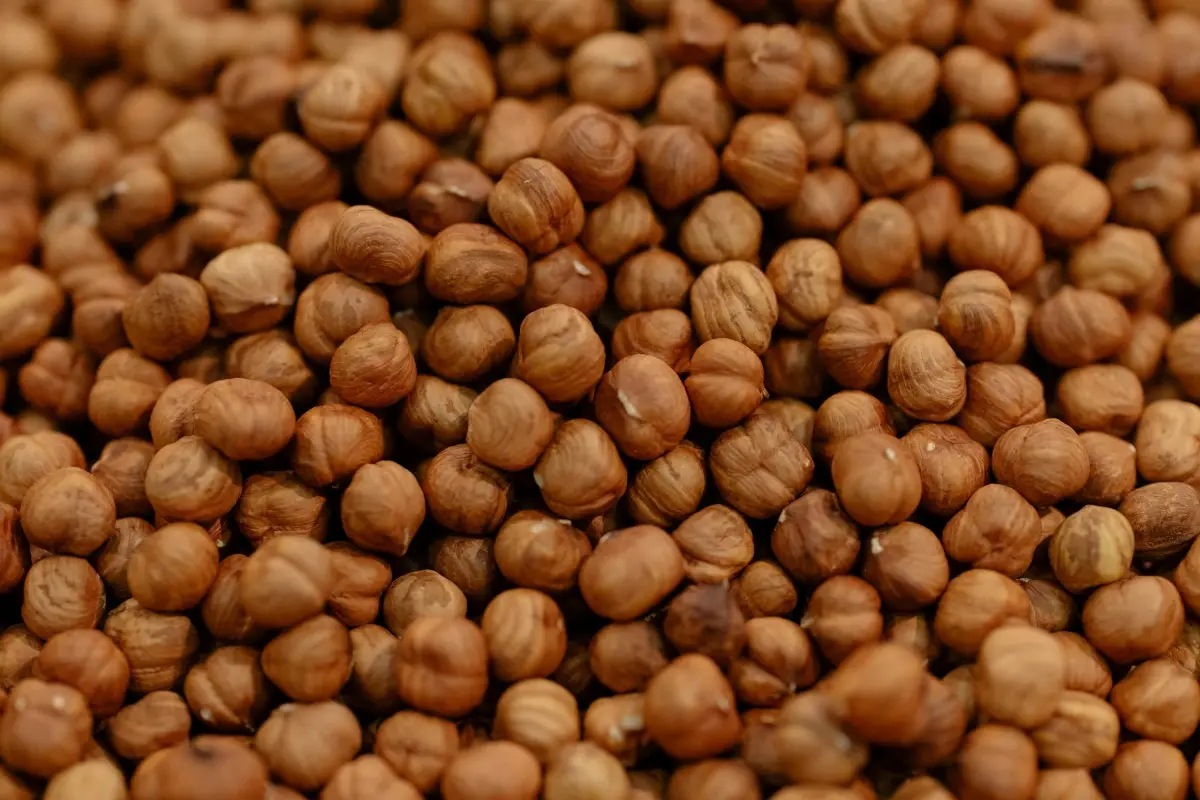
Animal nutrition: Nestlé experiment on hazelnut waste
The "Live-Haze" circular economy project will involve five Italian universities

The Nestlé Group in Italy is a partner of the "Live-Haze" experimental project, financed by Prin funds (Projects of Significant National Interest) of the italian Ministry of University and Research, which has as its objective the reduction and valorisation of agro-industrial waste and the their use in animal feed with a view to circular economy and sustainability in the agri-food sector. In addition to the various companies in the sector, the initiative sees the important participation of a team of researchers from five Italian universities: University of Turin (Principal Investigator of the project: prof. Claudio Forte ), University of Catania (unit manager: prof. Alessandro Priolo ), University of Milan (unit manager: prof. Davide Pravettoni ), University of Perugia (unit manager: prof. Massimo Trabalza Marinucci ) and University of Modena and Reggio Emilia (unit manager: prof. Domenico Pietro Lo Fiego ).
Hazelnut cuticles are usually separated from the fruit during the roasting phase and handled as waste. Their use in animal feed would be particularly suitable thanks to the high concentration of polysaccharides, fatty acids and antioxidant substances such as tocopherols. At the same time, it represents a valid solution to help reduce waste at all levels of the supply chain, encouraging circular economy practices.
The research project is divided into different phases: it starts from the characterization of hazelnut cuticles and the creation of a green polyphenol extract and then moves on to in vivo tests. After studying the in vivo effects on oxidation, the microbiota, performance and other factors, we proceed to the analysis of derivatives, i.e. meat and milk. At the same time, an investigation is conducted on the impacts of this circular idea, evaluating its social acceptability and environmental sustainability, led by Prof. Simone Blanc of UniTo, through the involvement of consumers and companies participating in the project.
Nestlé has been committed to business sustainability for years, working on various fronts to accelerate the transition towards a regenerative food system, halve greenhouse gas emissions by 2030 and reach zero by 2050, improve the recyclability and reuse of packaging of its products and adopt new circular economy models. For the "Live-Haze" project it will make hazelnut production waste from its Perugina plant in San Sisto (PG) available.
“We are proud to participate in this 100% Italian project and to share our knowledge with the universities participating in the project. Giving new life to a small waste can help make our supply chain increasingly sustainable and a model of circular economy to export, teaching us how nothing can really be considered waste, but rather a precious resource", declared Marta Schiraldi , Head of Sustainability Nestlé Italy. “As a company that operates in the agri-food sector we have the responsibility to find solutions to limit waste and reduce the impact of our production. We are certain, however, that working alone is not enough, but that collaboration with other companies, start-ups and universities is essential to accelerate the development of new practices and technologies and achieve increasingly significant results".
EFA News - European Food Agency